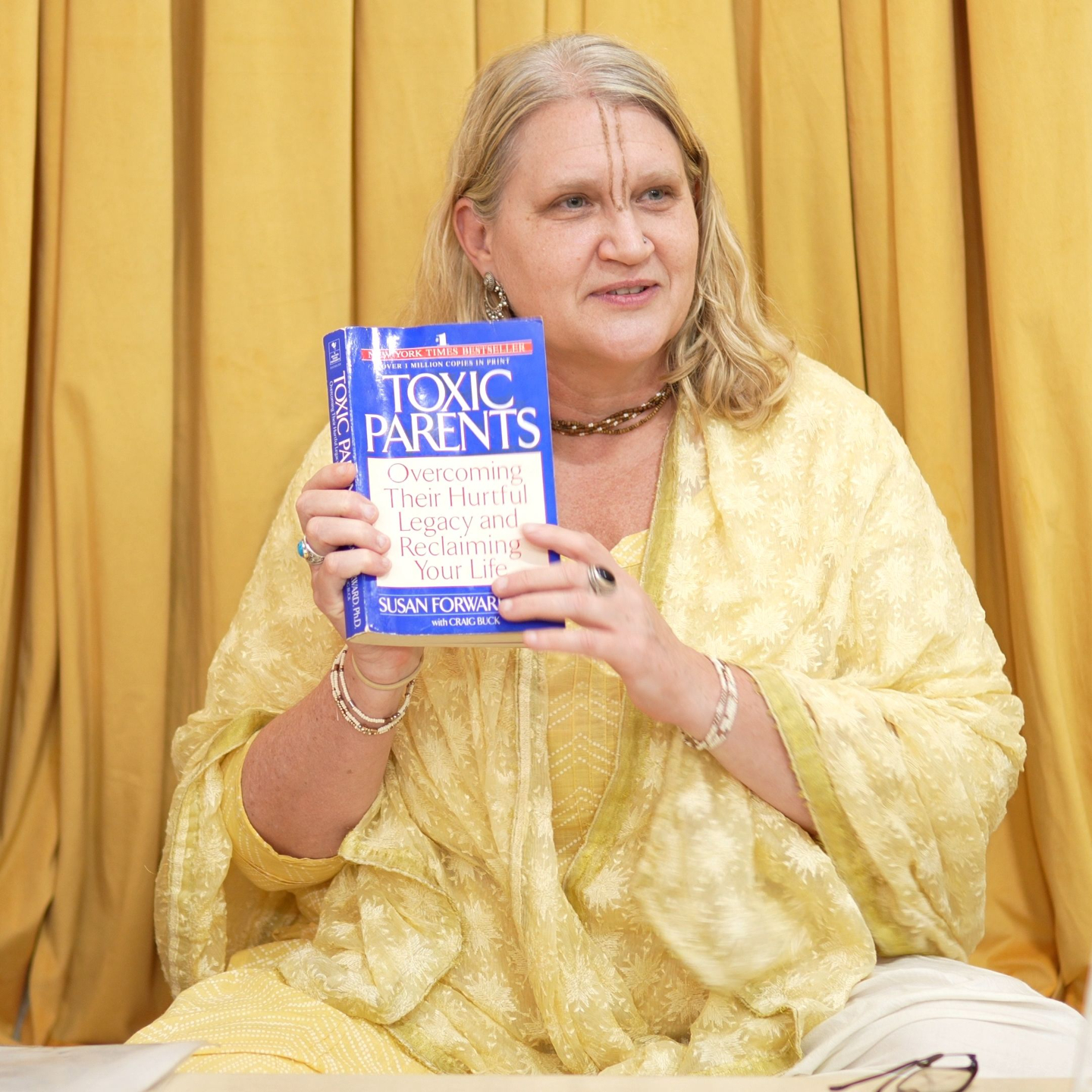PINPOINT THE PARENTING STYLE
The Parent-Child Code That Writes Your Love Life
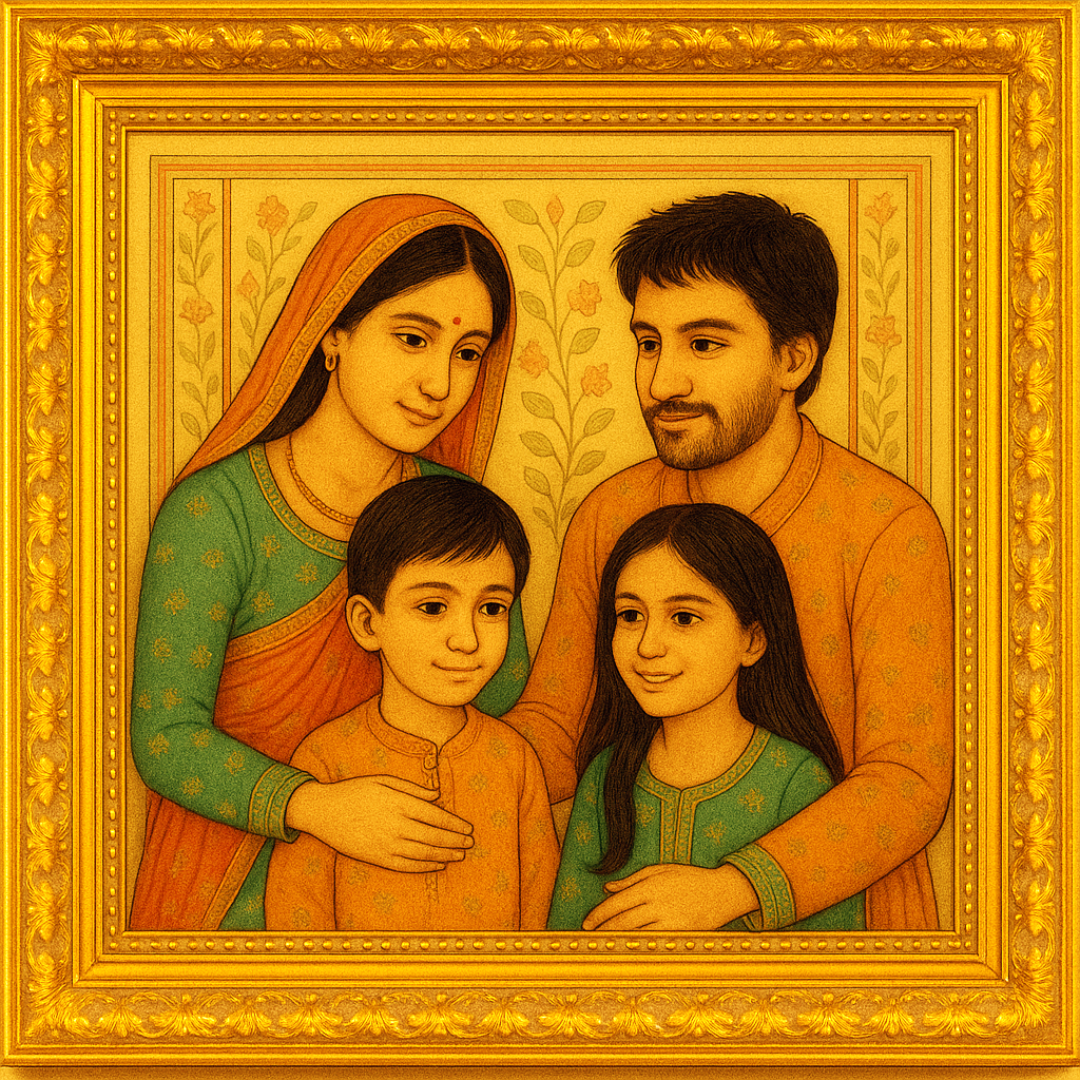
Ever wonder why you love 💗 the way you do?
The answer lies in your childhood. Your upbringing created a blueprint for how you connect with others—how you were parents becomes how you relate to people in your adult life, your Sambandha Style. Understanding this link empowers you to keep what serves you and heal what doesn't.
Ready to trace your relationship patterns back to their source?
Parenting Styles
Your Original Operating System
The parenting style that raised you became the lens through which you see yourself and connect with others. Of the four styles, only one creates a feeling of security—a rare gift. The other three forge feelings of insecurity, each leaving its distinct imprint on how we love and relate.
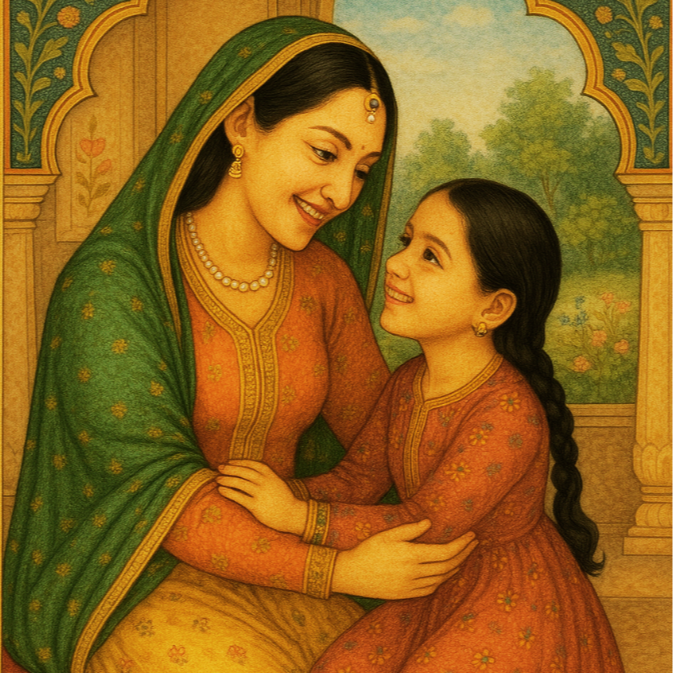
Authoritative - Saumya (सौम्य)
Consistent and Kind
The Sanskrit word Saumya, meaning "gentle" or "calm," perfectly captures the gold standard of parenting—Authoritative style, where warmth meets structure and firmness flows from love. These parents create secure relationships through the ideal balance: high warmth with consistent boundaries. They set clear limits with kindness, listen attentively, guide without controlling, and teach through natural consequences paired with calm explanations.
Learn More
Authoritarian
Danda (दण्ड)
Controlling and Cold
Authoritarian parents are controlling and cold—high structure, no warmth. They enforce rigid rules through fear and punishment, ignoring emotional needs while demanding blind obedience. Their children learn to comply on the outside while feeling unseen and unheard on the inside. "Because I said so" replaces explanation, and love feels conditional - based on perfect performance. While their emphasis on structure and discipline can teach self-control, without warmth these lessons come at the cost of emotional connection and self-worth.
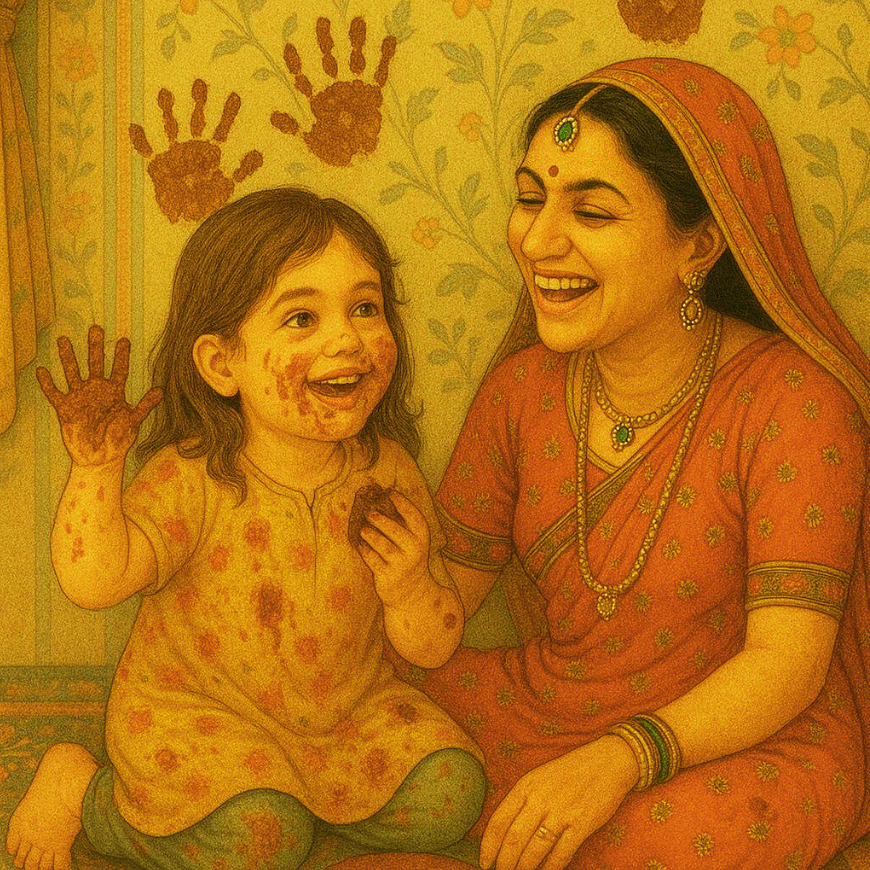
Permissive
Mitra (मित्र)
Loving and Lenient
Permissive parents are warm and affectionate, but offer little structure or discipline. Often trying to be a friend rather than a parent, they avoid setting clear limits and rarely follow through with consequences. Their leniency may feel loving, but it leaves children without the guidance and boundaries they need to feel secure. Rules, if present at all, are inconsistently applied and easily negotiated by the child. While their warmth helps children feel loved and accepted, without structure this affection alone cannot teach the self-discipline needed for life's challenges.
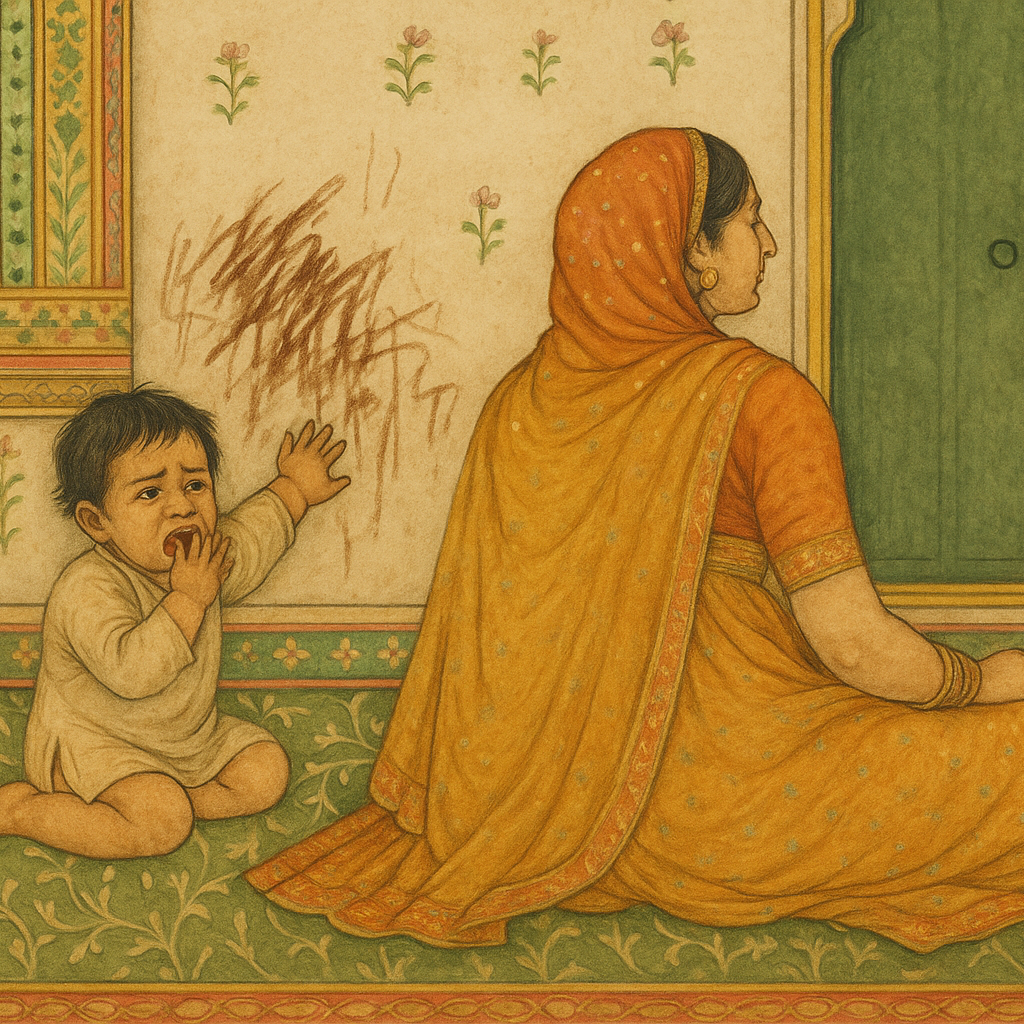
Neglectful
Ālāsa (आलस)
Distant and Disinterested
Neglectful parents are emotionally distant and largely unavailable. They offer neither warmth nor structure, often seeming distracted, overwhelmed, or entirely disengaged. These parents provide little guidance, attention, or support, and may fail to meet even the child's basic emotional or physical needs. Their absence—whether physical, mental, or emotional—leaves the child feeling invisible and alone. Of all parenting styles, neglect leaves the deepest wounds, as children internalize the message that they simply don't matter enough to be seen or cared for.

What Kind of Parent Shaped You?
Discover which of the four parenting styles shaped your upbringing—and understand why it matters. This quiz reveals whether you were raised with the rare gift of authoritative parenting or one of three other styles that leave lasting marks on how you connect with others today.
The Fruits of Parenting Styles:
Sambandha Styles
As a child, whether you experienced a parenting style full of neglect, control, indulgence, or attunement, these early experiences carved deep samskaras—invisible grooves that form your Sambandha (Relationship) Style, and shape everything from who you choose to how you love, creating the patterns that either serve or sabotage you today. Which Sanbandha Style are you?

Svastha - स्वस्थ
Self-Knowing.
"I'm Svastha, no need to be an imposta."
Children raised by Saumyas (authoritative parents) become Svasthas—securely attached people whose superpower is their ability to trust and be trusted, creating emotional safety for themselves and others.

Toshaka - तोषक
Self-Sacrificing.
"I'm Toshaka, the bleeding heart chakra."
Children raised by Dandas (authoritarian parents) become Toshakas—deeply loving people with anxious attachment whose superpower is their profound capacity for caring, connection and emotional depth.

Svarthi - स्वार्थी
Self-Reliant.
"I'm Svarthi, I don't need you, but look at ME!"
Children raised by Mitras (permissive parents) become Svarthis—fiercely independent people with avoidant attachment whose superpower is unshakeable self-reliance.

Shunya - शून्य
Self-Doubting.
"I'm Shunya, you'll betray me real soon, ya?"
Children raised by Ālāsa (neglectful parents) become Shunyas—hypervigilant survivors with disorganized attachment whose superpower is detecting danger and reading facial expressions.
